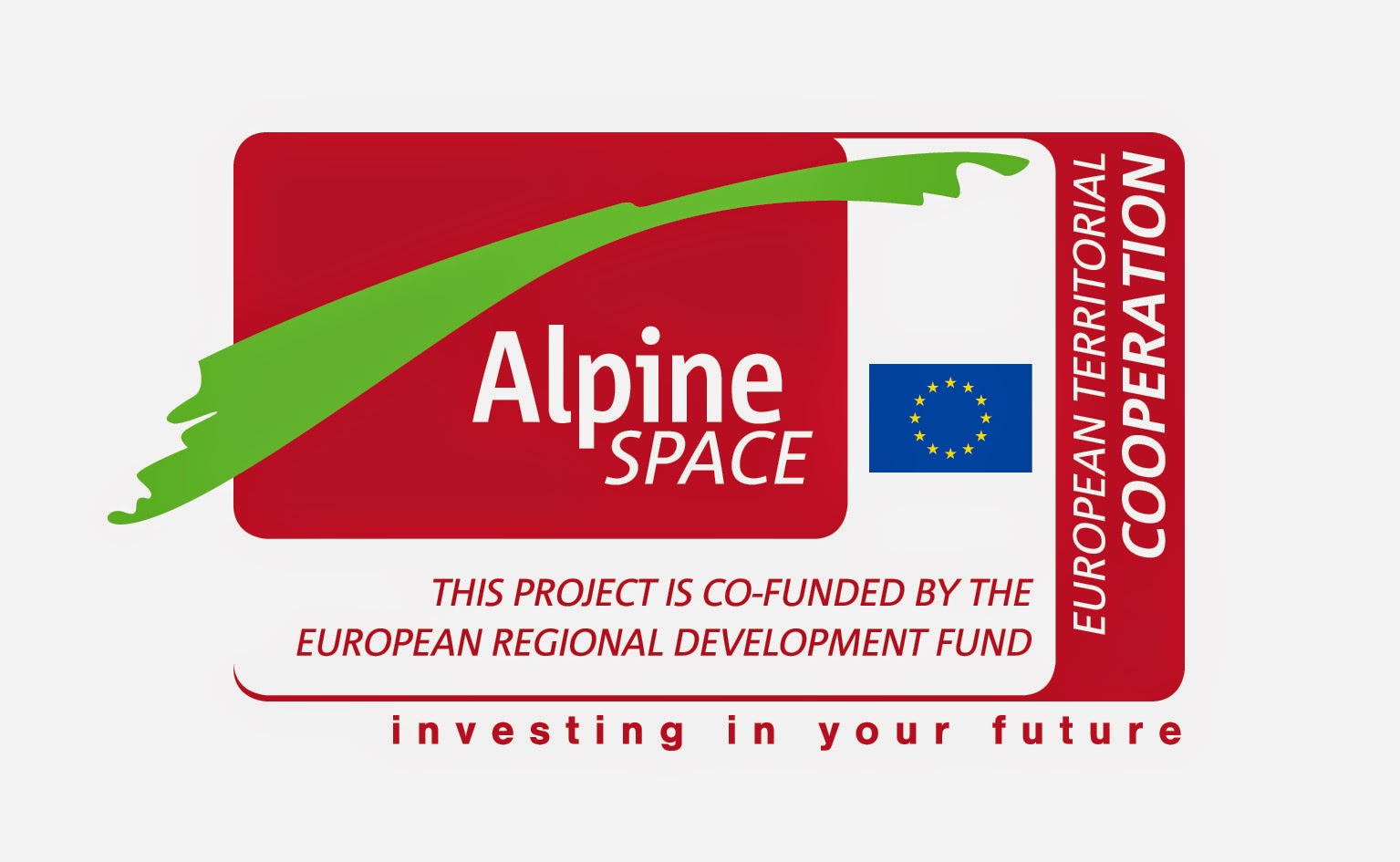 The C3-Alps initiative was co-funded by the Alpine Space programme, through the European Regional Development Fund and conducted by a transnational consortium of 17 partners from all Alpine countries. The capitalisation approach of C3-Alps aimed at generating adaptation knowledge that is useful to decision-makers, its effective transfer to target groups, and its actual implementation in real world adaptation processes. Results shall contribute to enhancing development and implementation of adaptation policies, to implementing bottom-up action on adaptation on regional and local levels, and to communicating adaptation concerns and "how-to-do" adaptation knowledge to decision makers.
The C3-Alps initiative was co-funded by the Alpine Space programme, through the European Regional Development Fund and conducted by a transnational consortium of 17 partners from all Alpine countries. The capitalisation approach of C3-Alps aimed at generating adaptation knowledge that is useful to decision-makers, its effective transfer to target groups, and its actual implementation in real world adaptation processes. Results shall contribute to enhancing development and implementation of adaptation policies, to implementing bottom-up action on adaptation on regional and local levels, and to communicating adaptation concerns and "how-to-do" adaptation knowledge to decision makers.Z_GIS together with EURAC and the Environment Agency Austria (Umweltbundesamt GmbH) designed and implemented the Climate Adaptation Platform for the Alps. The platform provides knowledge (in several languages) about adaptation to climate change in the Alps from local to transnational scale for political decision makers, public administration, municipalities, entrepreneurs and researchers alike. The final C3- Alps international conference in Vienna focused on the current practice and future of climate change adaptation in mountain areas. Regions and municipalities from Alpine countries and beyond presented their achievements, shared their experiences and discussed about the way forward in coping with climate change. For more information please contact: Hermann Klug.








